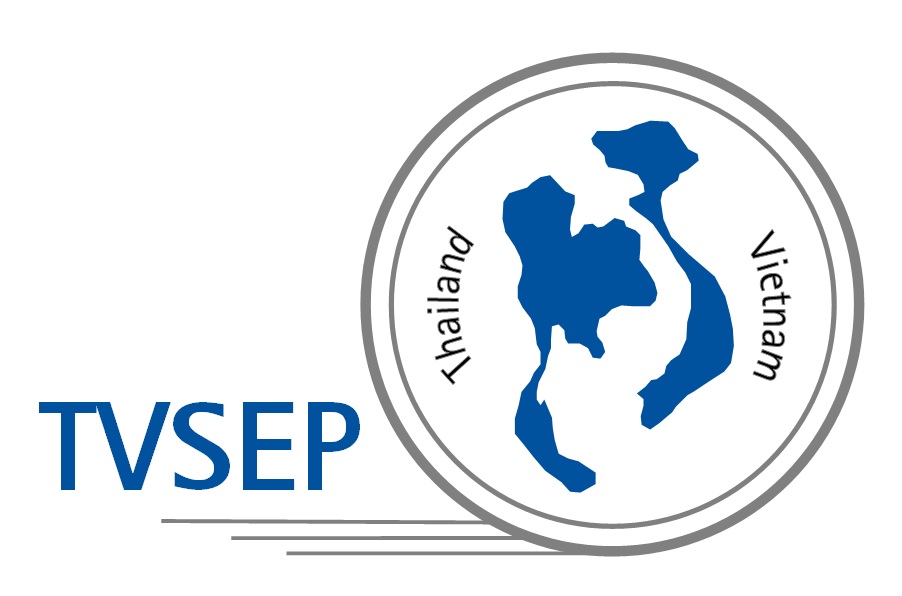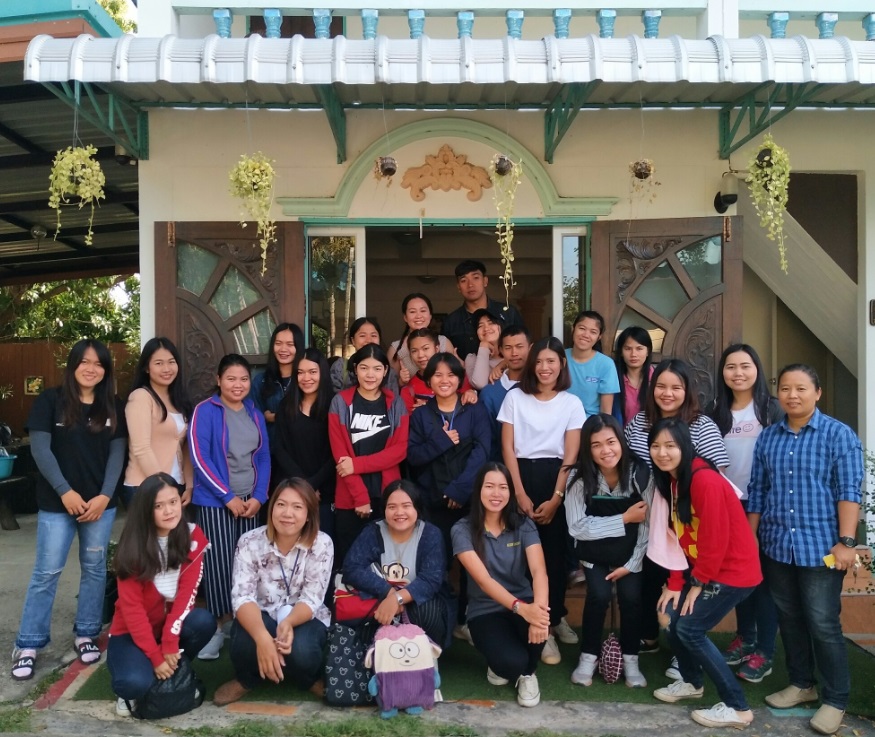Add-on project: Behavioural insights into over-indebtedness within a vulnerable population
Project report
Theres Klühs, Melanie Koch and Wiebke Stein
There is a lack of research on households’ borrowing behavior in the current economic literature. The concepts of over-indebtedness or over-borrowing themselves lack a standardized definition because there is no straight-forward answer to what is too much debt. Most studies refer to the concept as households (or individuals) borrow amounts of money which are too large relative to their debt service capacity. Another approach is to analyze subjective measures of over-indebtedness for example measuring subjective financial distress. One of our key aims is to develop a measurement tool for over-indebtedness that is suitable for a rural population in an emerging market.
We focus on individuals’ borrowing behavior because these are important financial decisions, possibly bearing severe consequences for economic and personal well-being. Over-indebtedness can aggravate the situation of those that already belong to the most vulnerable parts of society. The lack of ability to repay loans on time or at all can lead to economic and emotional distress and much worse economic outcomes in the long-run. Given the negative consequences, the fact of too much borrowing raises the question whether people fully understand the kind of financial decisions to be taken and the implications of these decisions. People in emerging countries face a rise in income, new financial opportunities and more complex financial products, but are still extremely vulnerable to general and personal economic shocks. The second aim of the project is to examine that (part of) the problem may be caused by neglecting behavioral aspects of financial decision making, such as non-standard expectations, risk attitudes, character traits and well-being. Eventually, we want to analyze how financial literacy can mitigate these behavioral biases.
Due to the length of the panel and the huge amount of data already collected regarding borrowing behavior, TVSEP is a unique opportunity to understand how behavioral aspects and financial literacy impact over-borrowing. Furthermore, it lies in a region where research on over-borrowing is needed to support individuals in making more sophisticated decisions that leave them less vulnerable to shocks instead of lower their economic and personal prospects.
Our project is based in one of the three Thai provinces, that are part of the TVSEP sample, namely Ubon Ratchathani province. The field work was conducted in November 2017. Due to harvest season, the households mostly engaged in agriculture were difficult to reach. Still, our team in Thailand accomplished interviewing around 750 households in 97 villages.
Given that TVSEP has captured many general concepts in previous waves, this add-on project gives us the opportunity to complement the existing data with new insights and tools developed in recent years. Further, we want to add our own measures that will be tailored to the rural population in Thailand. By comparing old and new measures we can test which measurement tools are most suitable to quantify these concepts in the TVSEP sample and in which cases multiple-item measures are useful. In addition to using a detailed questionnaire that captured various measures for over-indebtedness, character traits, well-being, financial literacy, risk preferences and data on borrowing, savings and insurance behavior, we implemented a small experiment which we called the “Market Game”. The aim is to show how self-confidence relates to over-borrowing. The level of self-confidence was exogenously varied; the individuals in the sample were divided into two treatments that changed the level of confidence toward over- and under-confidence. Participants then had the opportunity to buy products in the game for a discounted price. We want to detect and analyze a possible difference in the buying decision of the participants. We will use the results from the experiment to examine the interplay between return expectations and over-indebtedness.
Acknowledgements
We are grateful to our supervisors Prof. Dr. Lukas Menkhoff and Prof. Dr. Andreas Wagener. We want to thank the whole TVSEP team in Hannover and in Thailand for their effort and amazing support. The realization of this project would not have been possible without our staff in Thailand led by Mr. Theerayuth Labooth. The project was funded by the RTG 1723 “Globalization and Development” based at Leibniz Universität Hannover and Georg-August-Universität Göttingen.
The team















